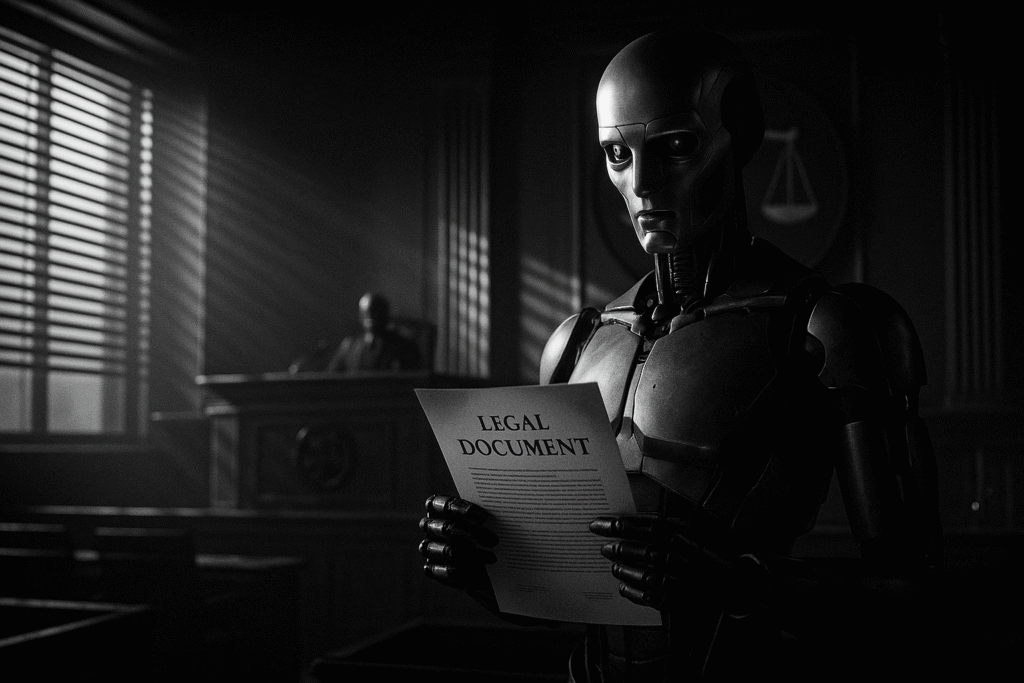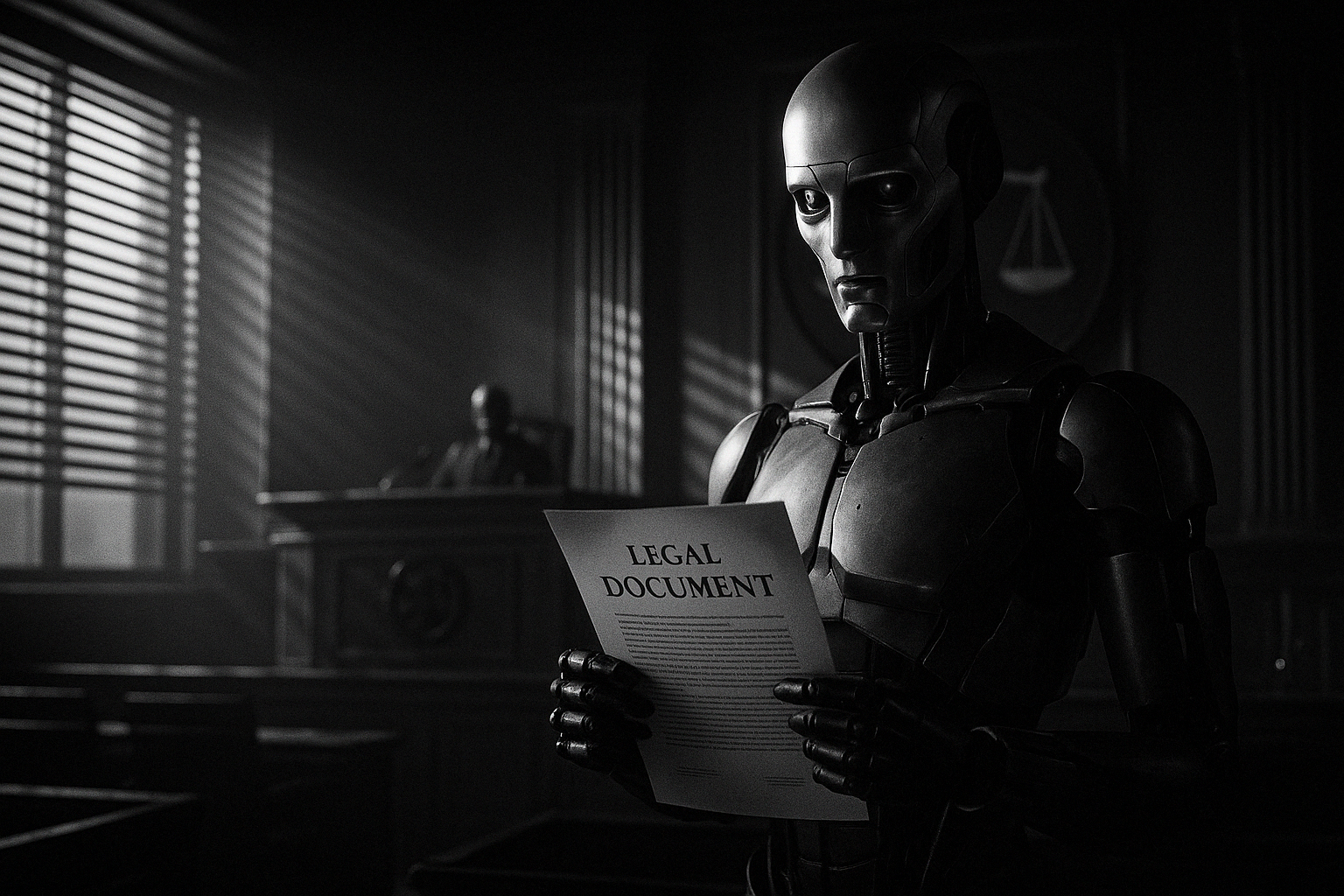Proposed Legal Framework for Safe and Responsible AI Agent
KT Ma, PhD
KT earned his PhD in Computer Science from NUS. After his PhD studies, he joined A*STAR to lead the Computational Psychology Research Thrust of the $3M REVIVE Programme. In 2016, He became the Co-Investigator of the $6M Human-Centric AI Programme. He also co-founded Agi Technosys Pte Ltd, and developed an AI Assistant for hardware servicing. KT was appointed the Head of Science and Research Department at Sentient.io, an AI-as-Service company in 2020. He was the Tech Lead of AI Research Center in Hyundai Motor Group Innovation Center in Singapore (HMGICS) from 2022.
KT has published more than 20 AI research papers in top-tier publications, include Nature Communications, IEEE Transactions on Pattern Analysis and Machine Intelligence AAAI, CVPR, ACM Multimedia. He was awarded the A*STAR TALENT Prize, and the Defence Technology Prize twice. He is also an active community volunteer.

The contents presented here are based on information provided by the authors and are intended for general informational purposes only. AAIH does not guarantee the accuracy, completeness, or reliability of the information. Views and opinions expressed are those of the authors and do not necessarily reflect our position or opinions. AAIH assumes no responsibility or liability for any errors or omissions in the content.
As AI technology advances, the autonomy capability of AI systems increases by leaps and bounds. Such systems can make independent decisions, often with no or minimal human supervision. Examples include self-driving cars and humanoid robots. These Agentic AI systems pose new ethical and legal challenges that go beyond traditional software accountability
However, today’s AI technology is based on neural networks which are black-boxes systems. The most advanced neural networks, especially for GenAI models, contain billions of parameters. Despite researchers’ best efforts, such networks’ internal workings are still not fully understood. These networks frequently produce unexpected and unintended results.
With increased autonomy, the risks and impacts of AI systems’ failure multiply tremendously. As such, very few businesses and organisations are implementing AI agents into their core business processes. Furthermore, the adoption of AI agents for high impact tasks such as autonomous driving and medical diagnosis remains low despite the maturing of such technologies.
The fundamental missing piece is the lack of regulations and legal frameworks for accountability and liability of AI agents when things go wrong. This results in lack of transparency and clarity and impedes humanity’s progress towards an AI-empowered society which more people can benefit from the technology.
The key principle behind this article is to register and regulate AI agents and systems like a business entity. This legal concept is known as Corporate Personhood. In most countries, a corporation has the same rights as a natural person to hold property, enter into contracts, and to sue or be sued.
For AI agents/systems, the rights to hold property are not critical for their core functions. Instead, the rights to enter into contracts, sue or be sued will form the basis for the responsible and well-considered development and deployment of AI agents. In today’s legal framework, an AI agent/system cannot be hold legally responsible for any loss or damages caused by it. Conversely, it has no legal rights to protect itself from misuse and unintended use as it is not protected by contractual laws.
- High-impact AI agents/systems are to be registered by relevant authorities before deployment
- Depending on the potential worst-case scenarios, the registered AI agent/system must be covered by suitable and sufficient pay-up capital and/or insurance for any liabilities or damages caused by its actions and activities.
- FOR FURTHER CONSIDERATION AND DELIBERATION. In cases of criminal liabilities, the key decision makers of the AI agents/systems will be prosecuted under any applicable laws. This parallels the responsibilities of the CEO/COO/CFO in a registered company/organisation.
References

